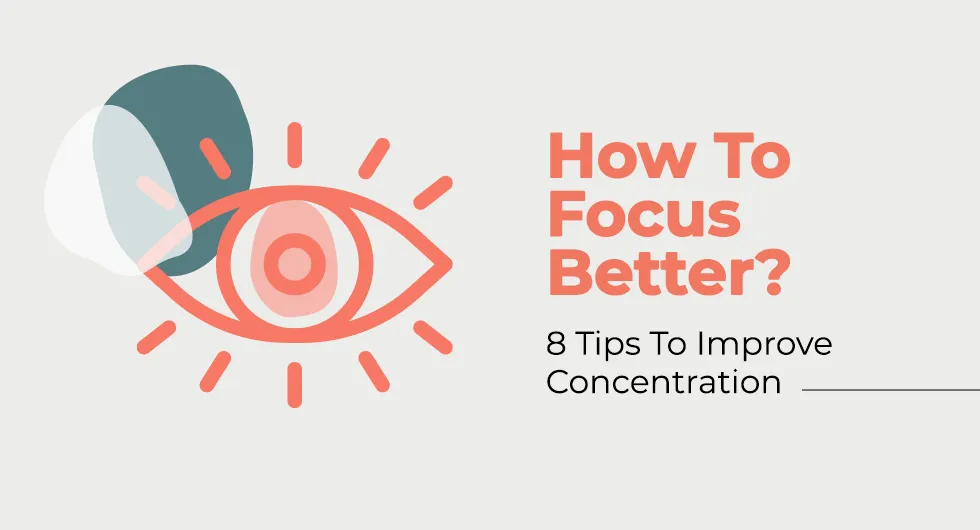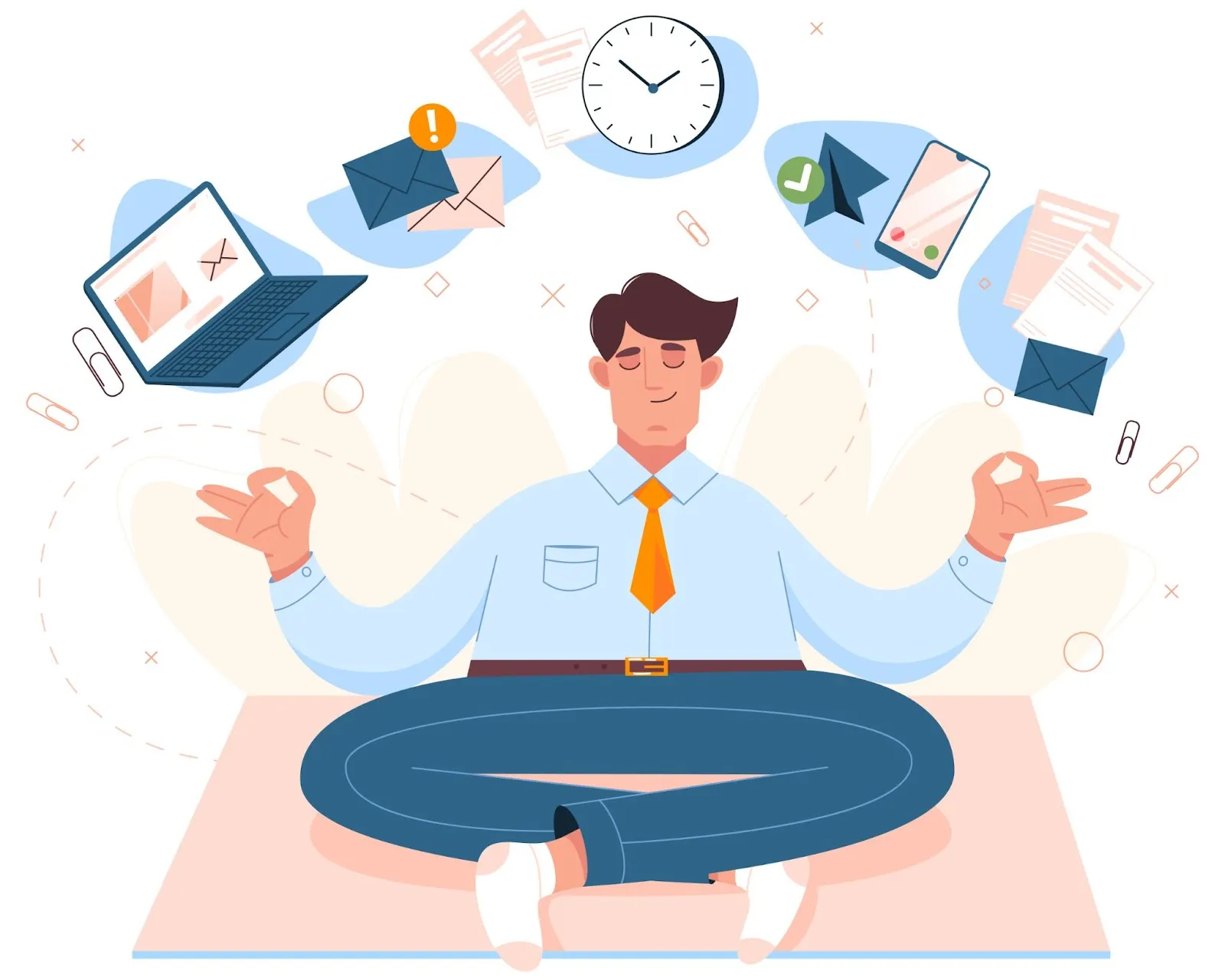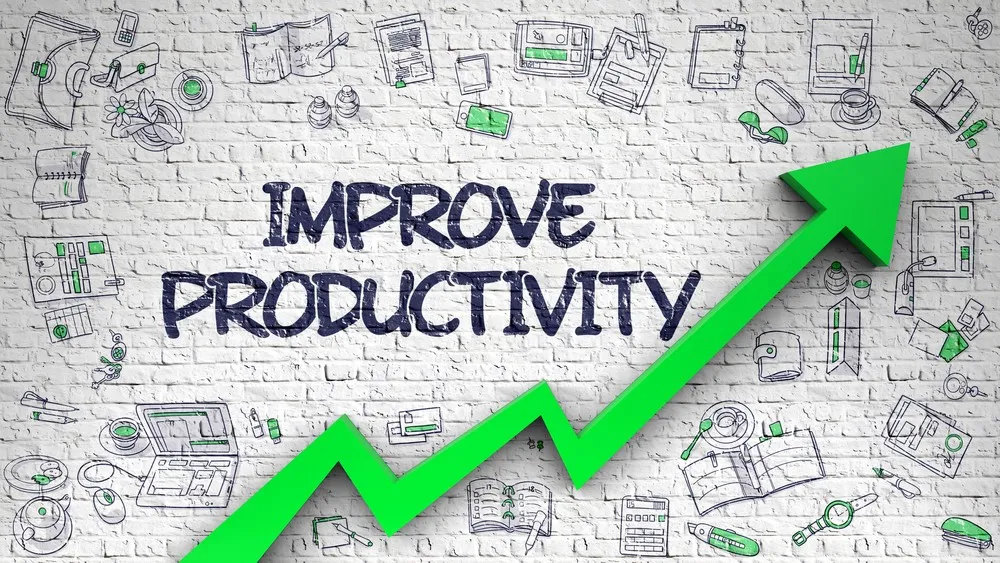In a world filled with constant distractions, maintaining focus has become one of the most sought-after skills in both personal and professional life. Whether you’re tackling a complex project at work, studying for exams, or trying to achieve personal goals, the ability to focus is crucial. However, with the rise of digital devices, social media, and multitasking, it can be challenging to maintain sustained attention on a single task.
In this article, we will explore effective techniques to improve focus. These methods are designed to help individuals stay concentrated, enhance productivity, and accomplish tasks with greater efficiency.
1. Practice Mindfulness Meditation
Mindfulness meditation is a proven technique to improve focus. It helps train the mind to be present in the moment, without judgment or distraction. Regular practice of mindfulness allows individuals to become more aware of their thoughts and emotions, leading to greater control over where they direct their attention.
How It Helps:
- Reduces mental clutter: Mindfulness meditation helps clear mental distractions and increase the ability to concentrate.
- Improves cognitive flexibility: It trains the brain to shift focus when necessary and improves the ability to stay on task.
- Reduces stress: By fostering a calm mind, mindfulness helps reduce anxiety and stress, which can negatively affect focus.
How to Practice:
- Find a quiet space where you won’t be disturbed.
- Sit in a comfortable position with your back straight.
- Focus on your breath and observe each inhale and exhale.
- When your mind wanders, gently bring your attention back to your breath without judgment.
Start with a few minutes a day and gradually increase the time as you become more comfortable with the practice.
2. Use the Pomodoro Technique
The Pomodoro Technique is a time management method that involves working in short bursts of focused activity, followed by brief breaks. The technique is simple: work for 25 minutes, take a 5-minute break, and repeat. After four cycles, take a longer break of 15–30 minutes.
How It Helps:
- Prevents burnout: Regular breaks help prevent mental fatigue and maintain focus over longer periods.
- Enhances time awareness: By breaking tasks into manageable intervals, you become more aware of how long tasks take and can avoid procrastination.
- Boosts motivation: Short work intervals can increase motivation and reduce the temptation to procrastinate.
How to Use It:
- Set a timer for 25 minutes and focus solely on your task during that time.
- When the timer goes off, take a 5-minute break. Stand up, stretch, or walk around to refresh your mind.
- After completing four Pomodoros, take a longer break to recharge.
This technique works well for tasks that require sustained attention but can feel overwhelming if done for long stretches of time.
3. Prioritize Tasks with the Eisenhower Matrix
The Eisenhower Matrix is a decision-making tool that helps prioritize tasks based on urgency and importance. By organizing tasks into four categories—urgent and important, important but not urgent, urgent but not important, and neither urgent nor important—you can ensure that your focus is directed towards what truly matters.
How It Helps:
- Clarifies priorities: By categorizing tasks, it helps you focus on high-priority items rather than getting distracted by less important tasks.
- Reduces decision fatigue: It provides a clear roadmap for what needs to be done, reducing the stress of figuring out where to start.
- Increases productivity: By focusing on important and urgent tasks, you can make faster progress and avoid distractions.
How to Use It:
- List all the tasks you need to complete.
- Place each task in one of the four categories:
- Urgent and Important: Tasks that need immediate attention and have significant consequences.
- Important but Not Urgent: Tasks that are important but do not require immediate action.
- Urgent but Not Important: Tasks that require quick attention but are not crucial to your goals.
- Neither Urgent Nor Important: Tasks that are distractions or low-priority.
Focus first on the Urgent and Important tasks, followed by the Important but Not Urgent tasks.
4. Create a Distraction-Free Environment
Distractions are one of the most significant barriers to maintaining focus. Whether it’s noisy coworkers, a cluttered desk, or the temptation of social media, environmental factors can reduce your ability to concentrate. Creating a distraction-free workspace can drastically improve your focus.
How It Helps:
- Minimizes interruptions: A tidy and quiet environment reduces distractions, allowing you to maintain deep concentration.
- Improves task engagement: A clutter-free workspace helps you feel more organized and focused on the task at hand.
- Reduces decision fatigue: When your environment is organized, you don’t have to waste energy on unnecessary choices (like where to sit or what to move out of the way).
Tips for a Distraction-Free Environment:
- Declutter your workspace: Keep only the items you need for your current task on your desk. Put away unnecessary papers, tools, or gadgets.
- Use noise-canceling headphones: If you’re in a noisy environment, noise-canceling headphones can help block out distractions.
- Limit digital distractions: Use website blockers or turn off notifications to avoid social media or app interruptions.
- Set boundaries: If you’re working in a shared space, communicate with others to minimize disturbances during focused work time.
5. Practice Single-Tasking
Multitasking might seem like an efficient way to get more done, but it actually decreases productivity and makes it harder to focus. Studies show that multitasking can lead to mental fatigue and reduce the quality of your work. Focusing on one task at a time allows you to complete it more efficiently and with greater accuracy.
How It Helps:
- Improves work quality: Focusing on one task leads to higher-quality work with fewer mistakes.
- Reduces mental strain: Switching between tasks constantly drains mental energy and reduces focus.
- Increases task completion speed: By dedicating your full attention to one task, you can complete it more quickly than when you’re distracted by multiple tasks.
How to Practice:
- Choose one task to work on and set a specific time frame to complete it.
- Break the task into smaller, manageable steps.
- Avoid checking emails, texts, or social media during this time.
- Only switch tasks once you’ve completed the current one.
6. Take Care of Your Physical Health
Your physical health is closely linked to your ability to focus. Poor diet, lack of exercise, and inadequate sleep can all hinder concentration and productivity. Taking care of your body ensures that your mind functions at its best.
How It Helps:
- Improves cognitive function: Proper nutrition, regular exercise, and sleep help improve brain function, memory, and focus.
- Reduces mental fatigue: A healthy body leads to better energy levels, preventing burnout and lack of focus.
- Supports stress management: Physical health habits such as exercise can reduce the impact of stress on your mind and body.
Tips for Better Physical Health:
- Exercise regularly: Aim for at least 30 minutes of moderate exercise each day to boost brain function and overall health.
- Get enough sleep: Adults should aim for 7–9 hours of sleep per night to allow the brain to rest and recharge.
- Eat a balanced diet: Include nutrient-rich foods such as fruits, vegetables, whole grains, and lean proteins to support cognitive function.
- Stay hydrated: Drink enough water throughout the day to keep your brain and body hydrated.
7. Set Clear Goals and Break Them Down
Clear, achievable goals give you direction and purpose. Setting specific goals helps you focus on the tasks that will lead to success. Breaking down larger goals into smaller, actionable steps makes it easier to stay focused and track progress.
How It Helps:
- Provides clarity: Having a clear goal helps you stay focused on what matters most.
- Reduces overwhelm: Breaking down big tasks into smaller pieces makes them more manageable and less intimidating.
- Improves motivation: Achieving small milestones keeps you motivated and on track toward your larger goal.
How to Set and Break Down Goals:
- Define your long-term goal and make it as specific as possible.
- Break the goal into smaller, achievable tasks.
- Set deadlines for each task to stay on track.
- Celebrate small successes along the way to maintain motivation.
Conclusion
Improving focus is a skill that requires consistent practice and self-awareness. By incorporating these techniques into your daily routine, you can develop the ability to concentrate deeply, enhance your productivity, and achieve your goals more efficiently. Whether it’s through mindfulness meditation, time management strategies, or creating a distraction-free environment, there are numerous ways to boost your focus and stay on track. With dedication and the right techniques, you can master the art of concentration and enjoy the benefits of improved mental clarity and success.
Would you like an image to accompany this article, perhaps illustrating focus techniques or a productive workspace?




